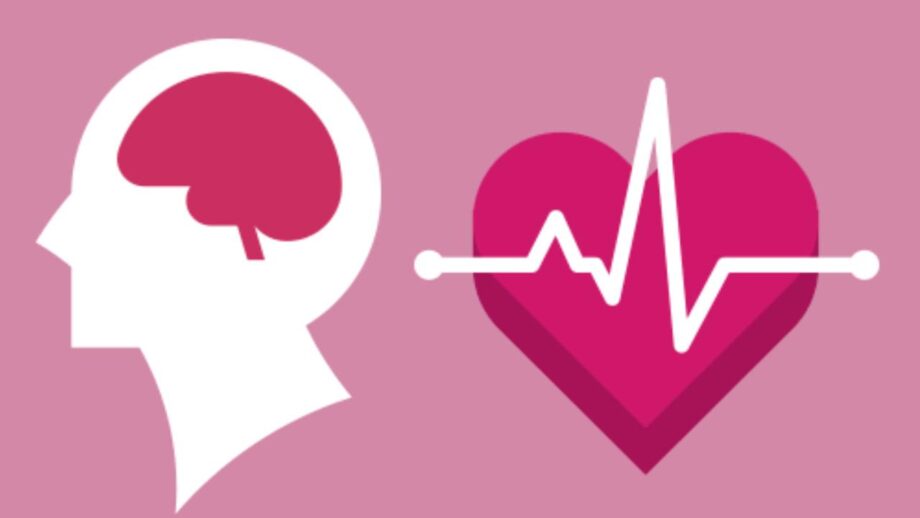There is also a physical component to your mental health. Even though the mind and body are frequently seen as different entities, their well-being is actually quite connected. Your physical and mental well-being are positively correlated. On the other hand, having bad mental health might have a bad physical health impact.
We frequently are unaware of the connection between some bodily ailments and our mental health. Not only should physical fitness be taken into consideration when discussing someone’s health, but also their mental and social well-being. These are just as crucial to a person’s ability to lead a fulfilled life as other tangible resources are. Health is more than just being free from illness. It also describes a person’s capacity to recover from adversity in life, such as illness.
There are several factors that might affect both our physical and emotional well-being. They consist of a person’s genetic make-up, living circumstances, social interactions, level of education, and employment.
Maintaining a balance between one’s mental and physical health is easier than it may seem. According to a study, making small adjustments to your daily routine can improve your overall well-being.
1. Diet
The majority of individuals are ignorant of the extent to which their food affects how they feel and think. An unhealthy diet can impair a person’s brain and mood, interfere with their sleep cycles, sap their energy, and weaken their immune system. Caffeine, alcohol, snacks with a lot of chemical preservatives and added sugar, fried foods, and refined carbohydrates are some foods that have a detrimental impact on your thoughts or behavior.
2. Keep Moving: What is your preferred form of exercise? Dancing? Cycling? or going for a walk by yourself or with a pet? Most importantly, make an effort to find a physical activity that suits your level of fitness and mobility and that you love. Our brains undergo changes when we exercise regularly, which can improve our mood. You can feel good and get better mental health by exercising.
3. Take a nap
When you lie down and close your eyes right now, it’s frequently tough to go asleep because of how we work and live. Your brain demands some downtime after a hard day. Regular physical activity and a few evening rituals are quite helpful for getting a good night’s sleep. Writing in a journal, being observant, giving thanks, listening to calming music, and avoiding technology could all be beneficial. Avoid arguments, concerns, and brainstorming at all costs.
4. Therapy: If we can tune into the mind-body connection, we can learn more about who we are and how to progress. You might be asked by a therapist to describe the location of the emotion in your body. It could at first seem strange and challenging to comprehend or tune into. You might not be aware of it, yet our bodies react physically to everything we experience in life, including ideas and emotions.
5. Monitor Your Interests
In our busy lives, it might be easy to forget about the activities we previously enjoyed or to find time to unwind with a good book. You’ll feel better and have more stamina to deal with difficult feelings as they arise.
6. Have Fun: Conversations about allegedly “important” topics like careers, finances, politics, wars, etc. should be the focus of adult social interactions. Simple subjects appear unimportant and exclusive to women. Such an impression also reflects gender bias. Adults should concentrate on and speak about bigger topics, especially among close friends, in this opinion. This disproves the idea of letting loose and having fun. When you’re among friends, though, feel free to jump on couches, run on the sand, get wet in the rain, or wear cartoon costumes.


